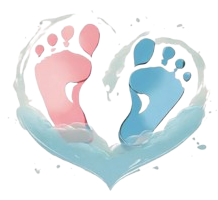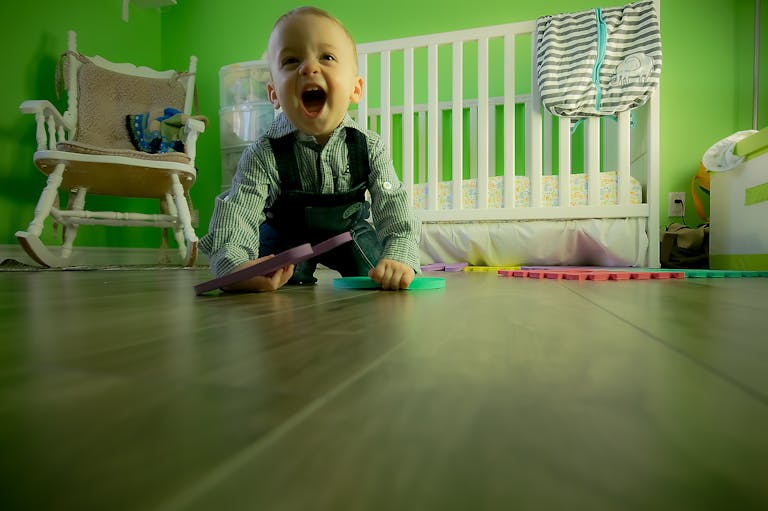Baby’s First Words: Language Milestones in the First Year
Can you believe it? One minute you’re bringing home this tiny bundle of joy, and the next, they’re babbling away like there’s no tomorrow. I remember when my little one, Sam, first cooed at me – I swear my heart grew three sizes that day! Today, we’re diving into the fascinating world of baby’s first words and language milestones. So grab a cup of coffee, and let’s chat about your baby’s journey into the world of words!
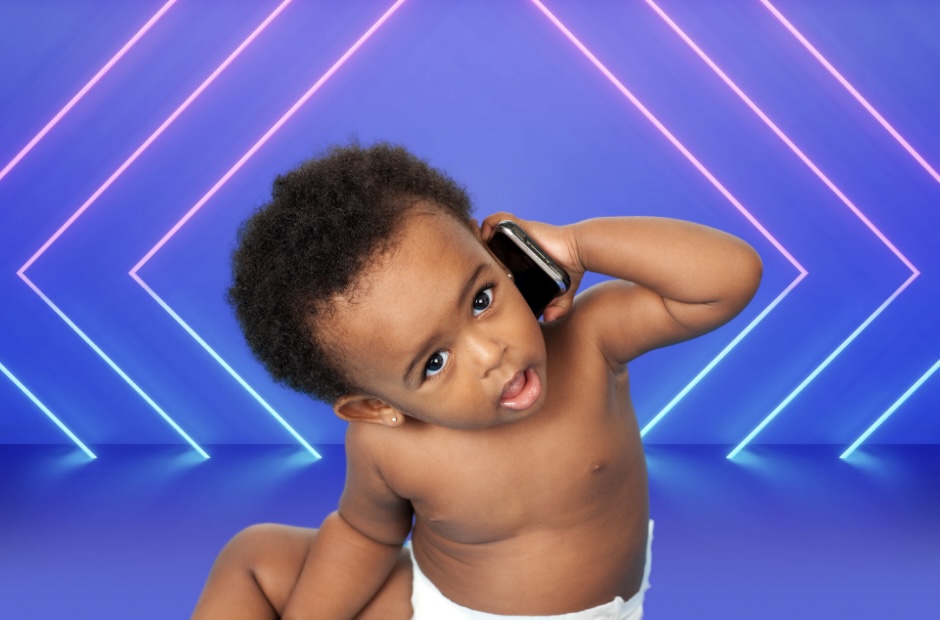
The Magic of Baby Talk: Why It Matters
From the moment they’re born, babies are little language sponges, soaking up every sound, tone, and facial expression we throw their way. Language development is crucial for cognitive growth, social skills, and even future academic success. Plus, let’s be honest – there’s nothing quite like hearing your baby say “mama” or “dada” for the first time!
In this article, we’ll explore the key language milestones in your baby’s first year, share some tips on encouraging language development, and even tackle some common challenges. Remember, every baby is unique, so don’t worry if your little one isn’t following this timeline to the letter.

Cooing and Babbling: The First Steps to Speech
Around 2 months old, babies start to experiment with making sounds. It usually starts with those adorable little coos and gurgles. By about 4 months, these coos often evolve into babbling. You might hear strings of sounds like “ba-ba-ba” or “ma-ma-ma.”
Babbling is actually your baby’s way of practicing the sounds they’ll need for real speech later on. It’s like they’re flexing their little vocal muscles! Babbling is a baby’s way of mapping out the sounds of their native language. They’re literally practicing conversation skills before they can even talk!
To encourage this stage:
1. Talk back when your baby coos or babbles.
2. Use exaggerated facial expressions.
3. Narrate your day, describing what you’re doing.
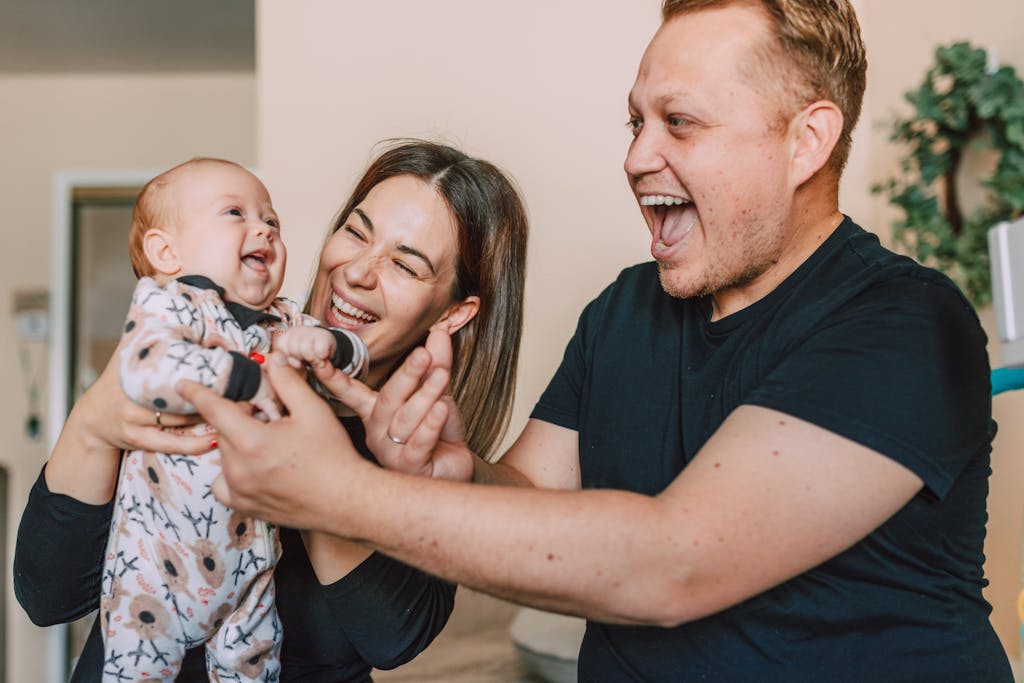
First Words: The Big Milestone
Most babies say their first word somewhere between 9 and 12 months. Common first words often include “Mama,” “Dada,” “Bye-bye,” or even the name of a pet. Sam’s first word was “duck,” of all things. We didn’t even have ducks!
By their first birthday, many babies have a vocabulary of 2-3 words. By 18 months, this often expands to about 10-20 words. Remember, a “word” at this stage might not sound exactly like the adult version. “Buh” for ball or “ca” for cat totally counts!
To boost vocabulary:
1. Read together daily.
2. Use gestures along with words.
3. Play naming games.
4. Sing songs and nursery rhymes.

Understanding Before Speaking: The Hidden Language Milestone
Here’s something that often surprises parents: your baby understands way more than they can say. Around 6-7 months, babies often start to respond to their name. By 9 months, many understand simple words like “no” or “bye-bye.” And by their first birthday, they might be following simple instructions like “Give me the ball.”
To encourage comprehension:
1. Use simple, clear language when talking to your baby.
2. Play games that involve following instructions.
3. Be consistent with the words you use for common objects and actions.

Challenges and Solutions: When Words Don’t Come Easy
While it’s exciting to track these milestones, it’s also normal to worry if your baby seems to be developing differently. Here are a few common concerns:
1. Late Talkers: Some babies are just late bloomers when it comes to talking. If you’re concerned, it’s always okay to check with your pediatrician.
2. Multilingual Households: If you’re raising a bilingual baby, they might seem to talk later than their monolingual peers. Don’t worry – they’re processing two languages at once!
3. Hearing Issues: Sometimes, delayed language can be due to hearing problems. If you’re concerned, don’t hesitate to get your baby’s hearing checked.
Remember, every baby develops at their own pace. The most important thing is to provide a language-rich environment and lots of loving interaction.

Common Questions and Expert Answers on Childhood Language Development
Q: Is it okay to use baby talk?
A: Absolutely! What we call ‘parentese’ – that sing-song, exaggerated way of talking – actually helps babies learn language patterns. Just be sure to use real words alongside it.
Q: How can I tell if my baby’s language development is on track?
A: Look for steady progress rather than focusing on specific milestones. If your baby is engaging, trying to communicate (even non-verbally), and seems to understand more over time, that’s a good sign.
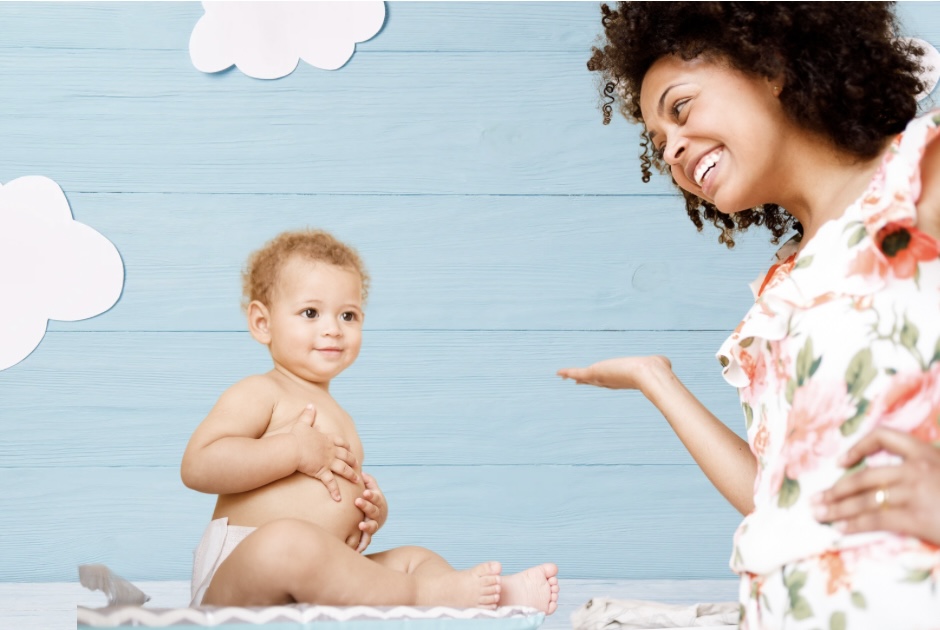
Practical Tips and Key Takeaways for Supporting Childhood Language Development
Let’s wrap up with some easy-to-implement tips to boost your baby’s language development:
1. Talk, talk, talk! Narrate your day and describe what you’re doing.
2. Respond to your baby’s attempts at communication, even if it’s just babbling.
3. Read together daily – it’s never too early to start!
4. Use gestures and facial expressions along with words.
5. Sing songs and play rhyming games.
6. Limit screen time – babies learn language best from real-life interactions.
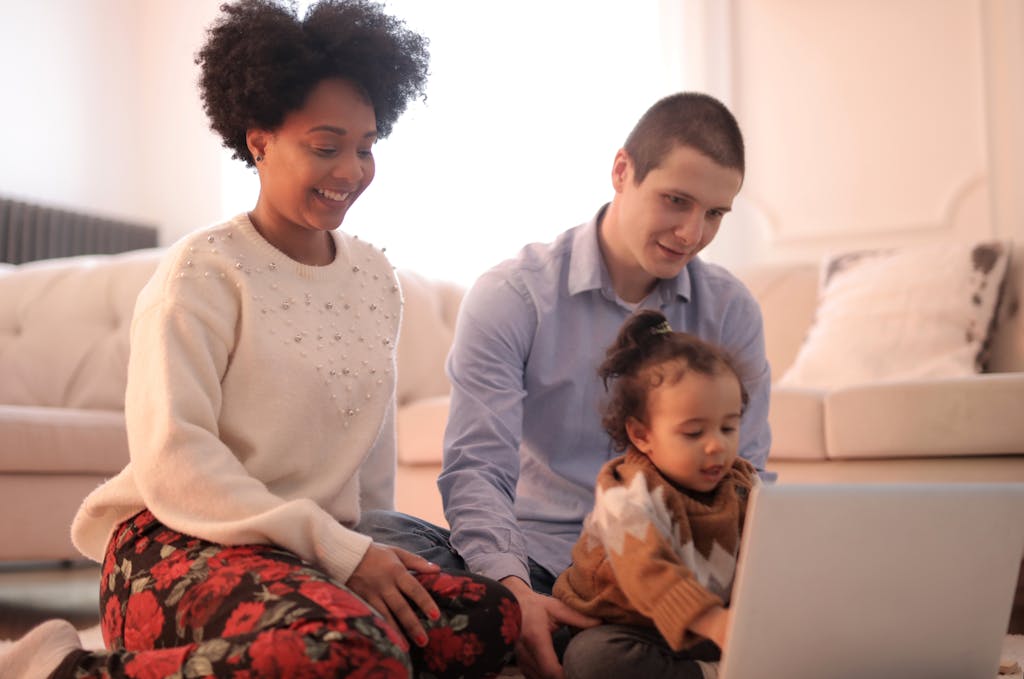
You’ve Got This!
From those first sweet coos to those magical first words, your baby’s language journey is an incredible adventure. Remember, every baby is unique, and they all develop at their own pace. The most important thing is to enjoy this special time, fill it with love and language, and don’t hesitate to reach out to your pediatrician if you have concerns.
So, fellow parents, what was your baby’s first word? Any funny language mishaps to share? We’d love to hear your stories!
Don’t forget to check out our other articles on baby development, and follow us on Facebook for daily parenting tips and support. Here’s to the joy of those first words and all the conversations to come. You’re doing great, parents!
